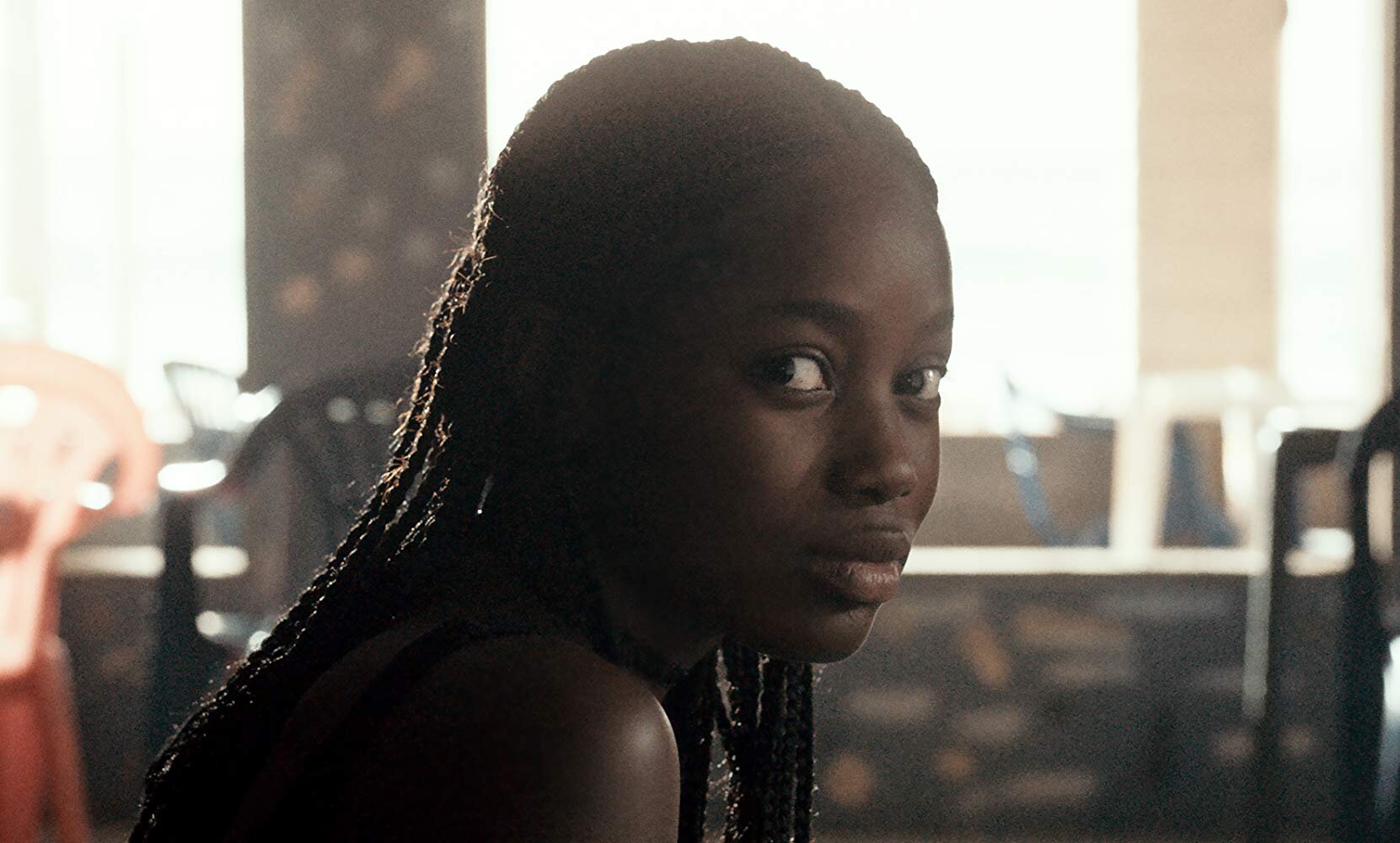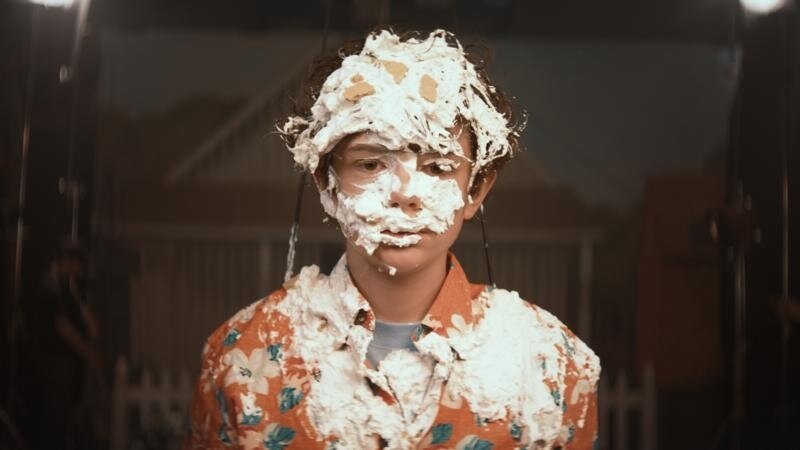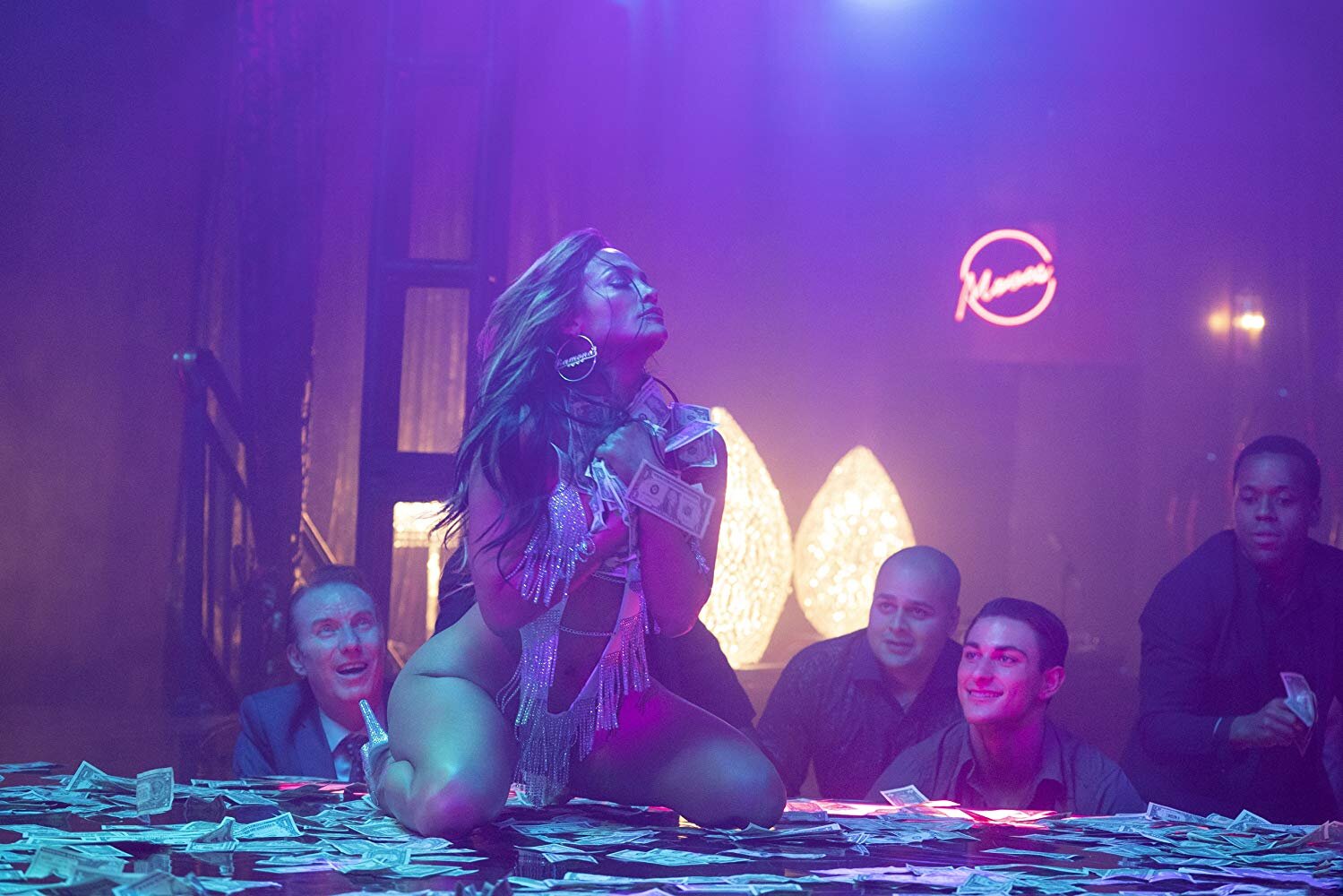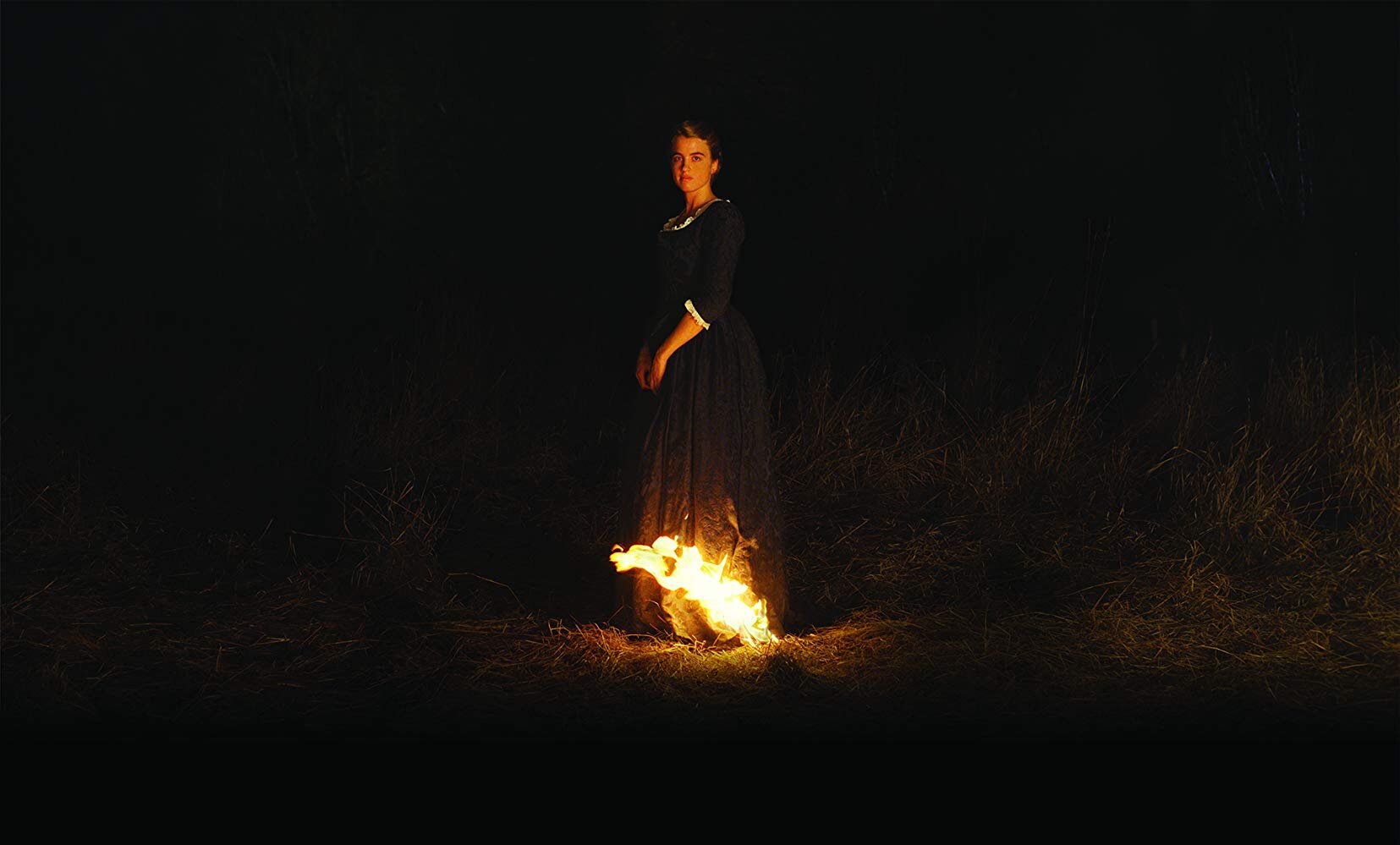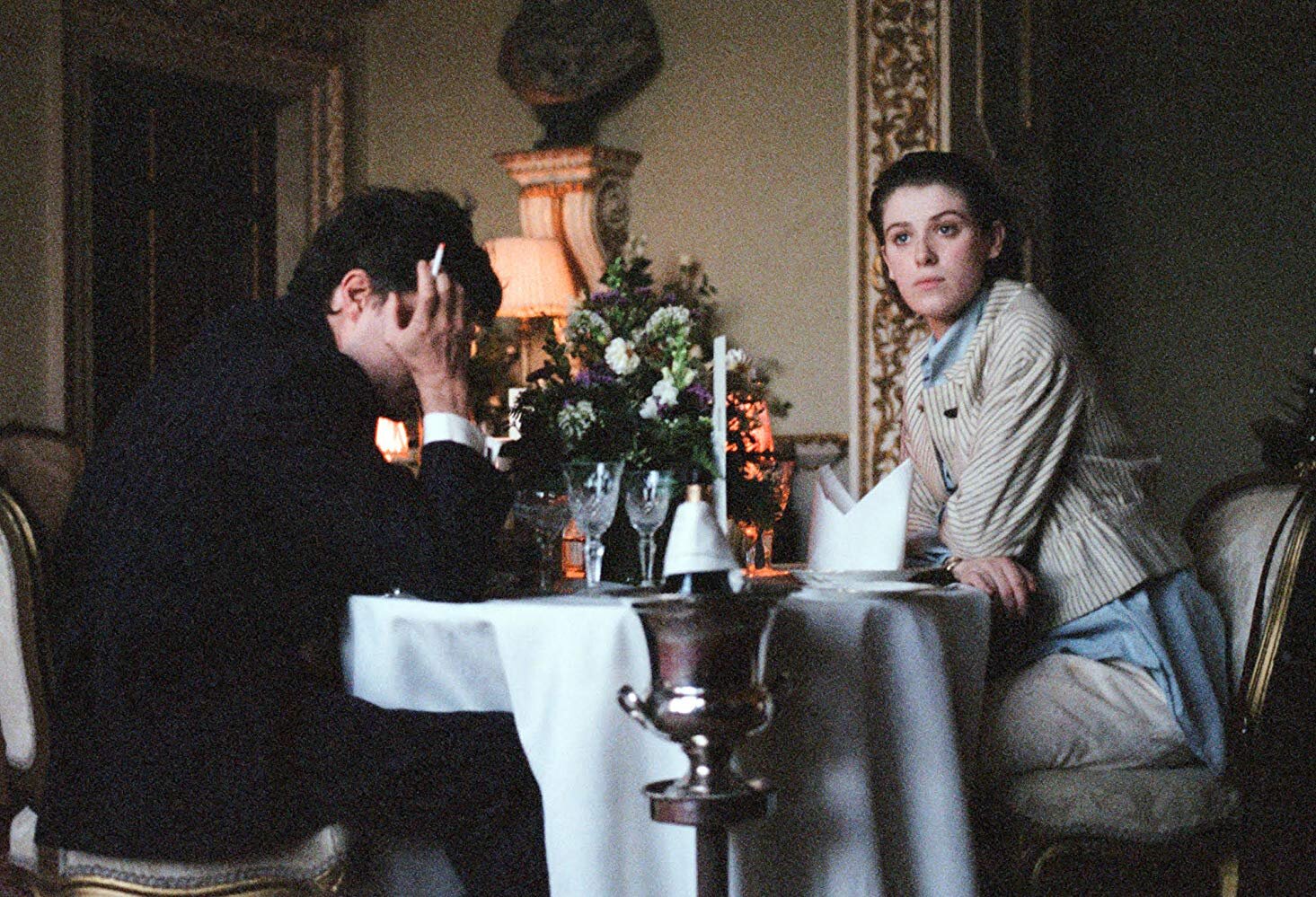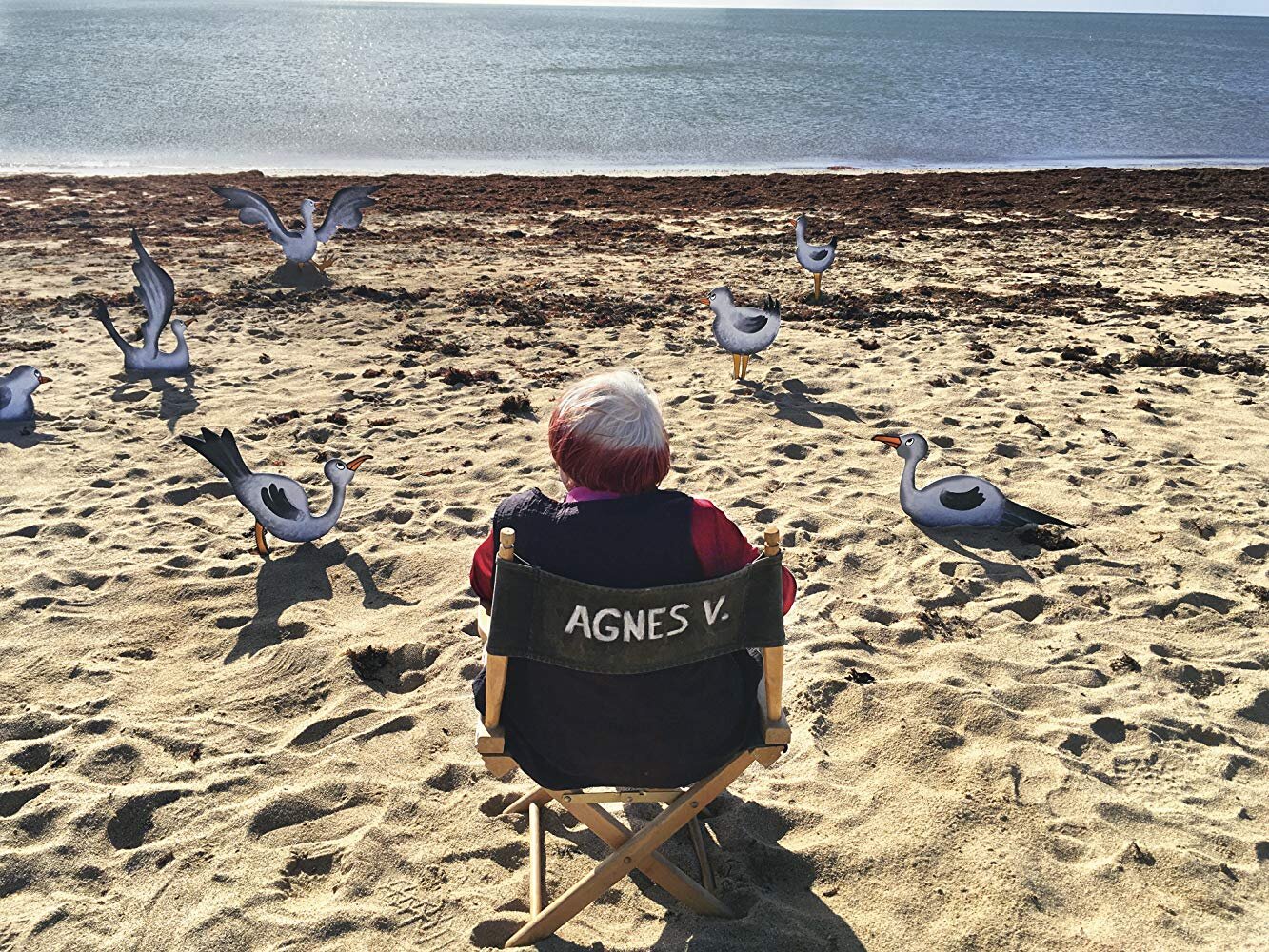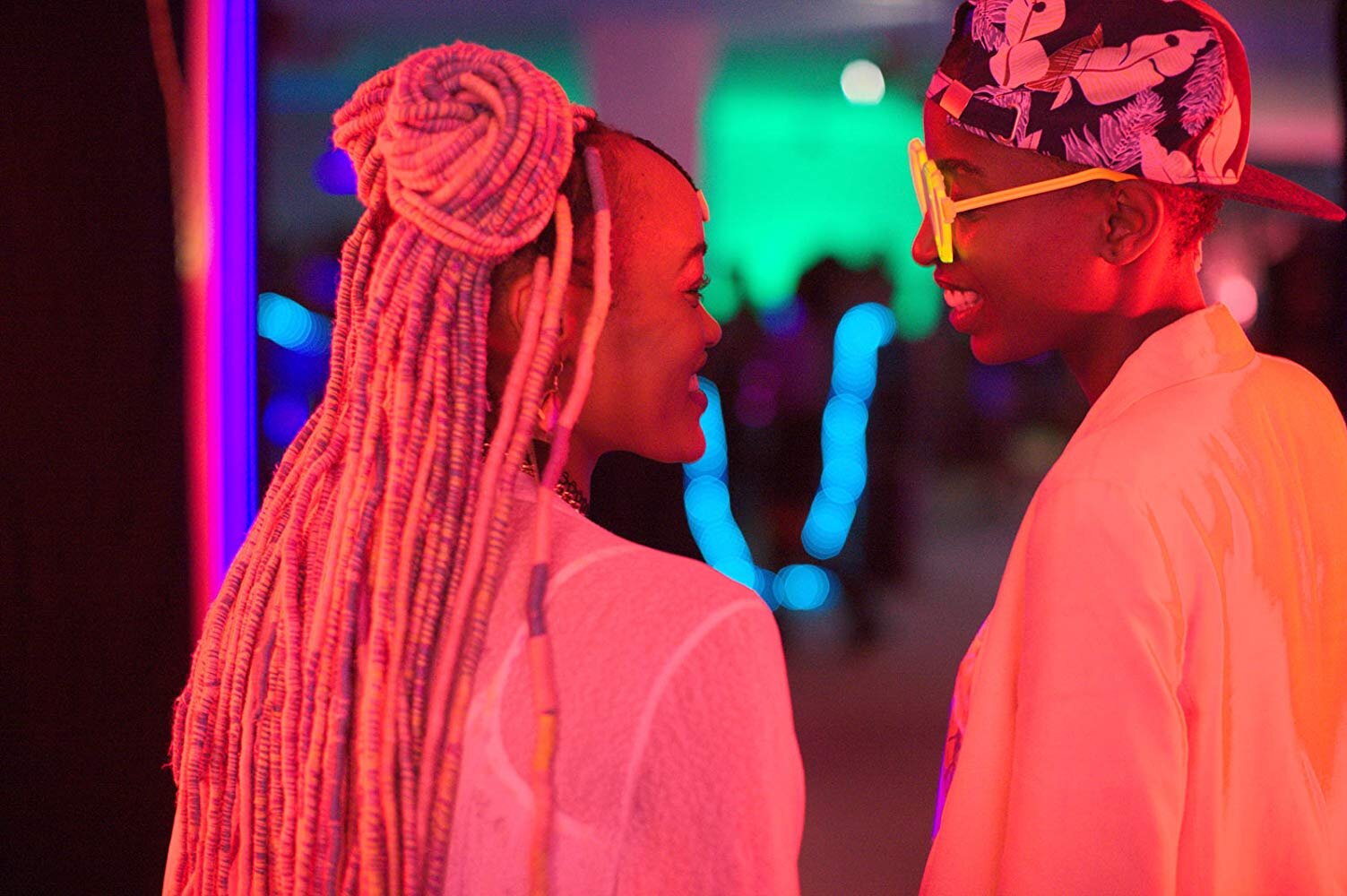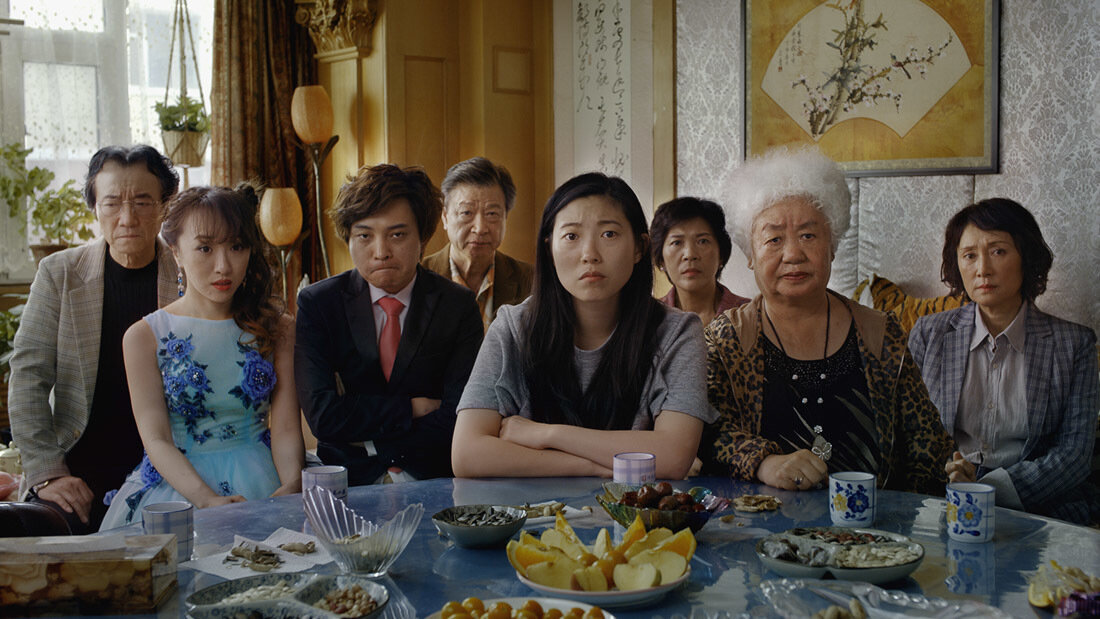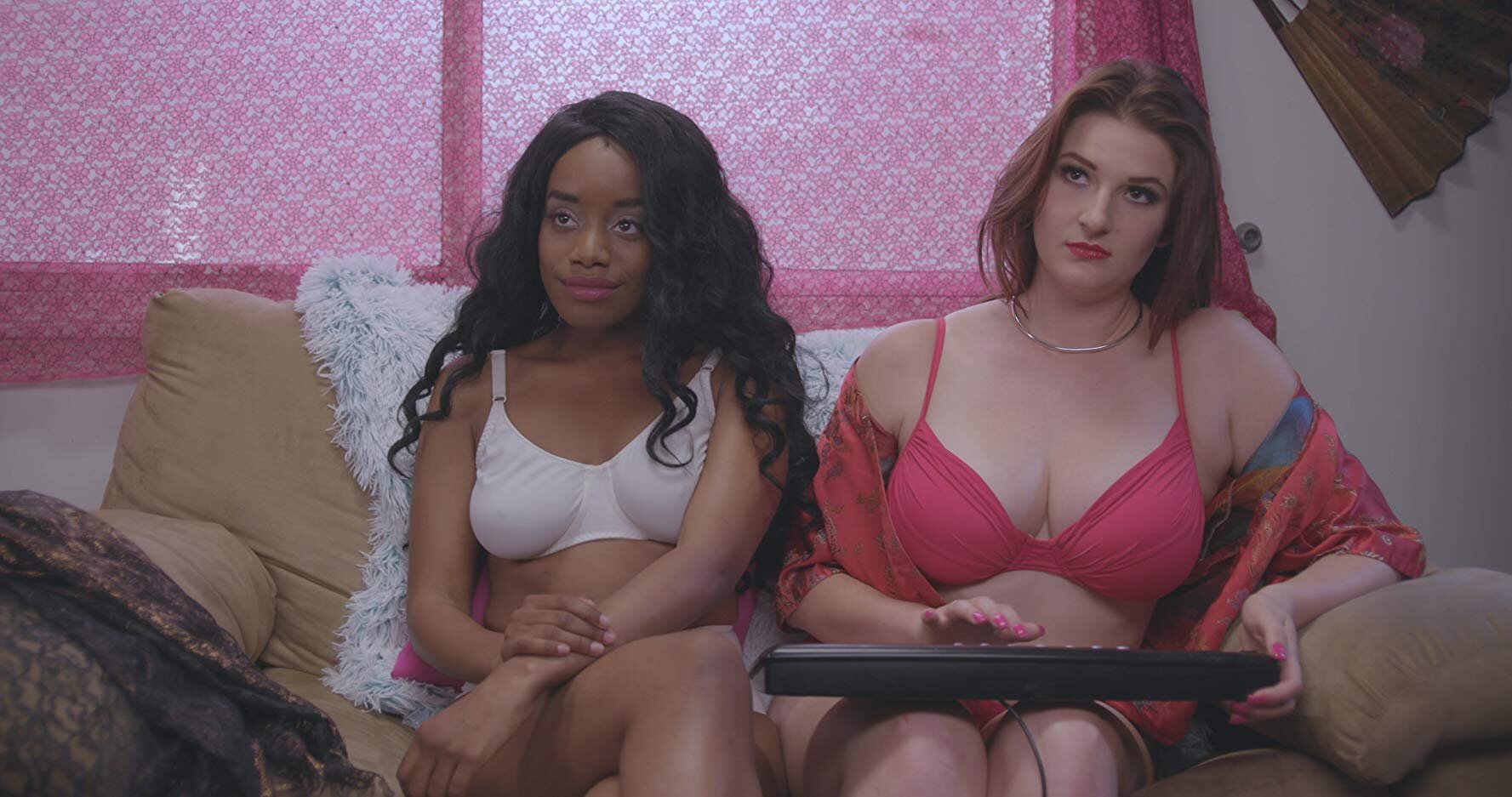IMDB
By Andrea Thompson
Some people just seem to be born dreamers, practically bursting out of the womb with not just plans, but the grit and determination to see them through. How else to explain Sybylla (Judy Davis) in “My Brilliant Career,” who has such remarkable self-possession, skill, and confidence, that anything less than a long, and yes, brilliant career that fulfills her writing ambitions feels like a tragedy?
Gillian Armstrong's most famous film will probably remain her 1994 version of “Little Women,” but her 1979 feature debut “My Brilliant Career” remains my personal favorite. Not only is it beautifully directed, capturing the unique beauty and lushness of 1897 rural Australia, Judy Davis is such a compellingly charismatic force of nature as she immerses herself into this role with relish, it seems entirely beside the point that she's clearly another adult playing a teenager.
Nevermind. Judy Davis does such justice to Sybylla, who has a complexity I've rarely seen in female characters. Or in male ones, for that matter, but it is especially noteworthy how well Sybylla avoids so many of the traps this type of character falls into, most of which are very gendered. She feels quite familiar at first, dreaming of a life in the world of the arts, the odd one out in her impoverished family's shanty in the middle of an Australian wilderness so bleak its name is Possum Gully. In spite of her passion, Sybylla feels helpless to change her situation, since her time is mostly spent working and sleeping. Then there's the complication of her mother wanting to get her a position as a servant, since they can no longer afford to keep her at home.
Screenshot
It's a situation which speaks volumes about how so many voices, even those as vibrant and passionate as Sybylla's, are silenced. Such a fate could've easily befallen her had her wealthy grandmother not intervened and invited her to her luxurious home in a verdant countryside that is the antithesis of her family's drought-afflicted farm. Such a setting, which isn't just full of material comforts, but the freedom from harsh, neverending labor, to have time to discover herself.
Such freedom to think isn't always comfortable, and the beautiful thing about “My Brilliant Career” is how it reveals Sybylla's insecurities as well as her strengths. She may always have a laugh and a quip ready when people casually and constantly remark on not just her lack of beauty, but how much it falls short when compared to her aunts and her mother, but it's something she grapples with, at one point breaking down in tears. Davis is not another glamorous actress dressing down, and Sybylla is not conventionally beautiful, with her wild hair and freckles. Her attraction, however, is undeniable, no less so because of her intelligence, wit, and charm, much of which is a direct result of her uniqueness and disinterest in many social niceties and conventions.
But unlike other films about nonconformist women, Sybylla's free spirit and general tomboyishness doesn't mean she's uninterested in some aspects of traditional femininity. She willingly, freely partakes in various beauty routines, and enjoys the far larger selection of elegant dresses and accessories at her disposal. And in spite of her commitment to remain unmarried and become a famous writer, she also becomes genuinely conflicted about Harry Beecham, a wealthy young man who falls in love with her and proposes to her, and who is played by a very young and dreamy Sam Neill. Their courtship is as complicated as Sybylla herself, who is flirtatious, mercurial, innocent, and passionate, and she leads him on as much as she keeps him at arm's length.
Screenshot
Sybylla’s family is all eager for her to accept him, and while Sybylla may be ahead of her time, she is not allowed to believe that she's the first to have such reservations about marriage, with her relatives warning her that loneliness will be the price of her independence, and that her dream could very well remain a dream. Practically every free-spirited, independent-minded young woman is warned of the danger of refusing marriage proposals from wealthy men, but Sybylla experiences the consequences of her refusal far more than other cinematic heroines such as Jo March, whom Sybylla most resembles. Jo at least had a warm and loving family to provide support and a safe home to return to, but Sybylla has no such luxury. If she needed a reminder, she gets quite a painful one after she's forced to work off her father's debt by becoming a governess to the children of a family that makes her own look like the Kardashians.
Sybylla's decision to reject Harry again, even after this brutal experience, is far more admirable, and quite similar to Jo March's decision to refuse Laurie's proposal. “I'm so near loving you,” Sybylla tells Harry. “But I'd destroy you. And I can't do that.” Much like Jo, Sybylla knows she has no place in the life her suitor is offering, and that they'd both end up regretting it. The 2020 adaptation by Greta Gerwig knew this, and chose to portray Jo and her book as the true love story.
I'm not the only one to notice the similarities, and Gerwig's vision received high praise from Armstrong herself. But “My Brilliant Career” is able to take it further. For Armstrong, leaving off with Sybylla right back where she started isn't a step back, it's acknowledging that Sybylla has begun to find herself as an artist to be able see a way out on her own terms, and mail out the book that inspired the film itself to a publisher. As she sends it off with a kiss, it's with the knowledge (both ours and hers) that her true romance has just begun.







